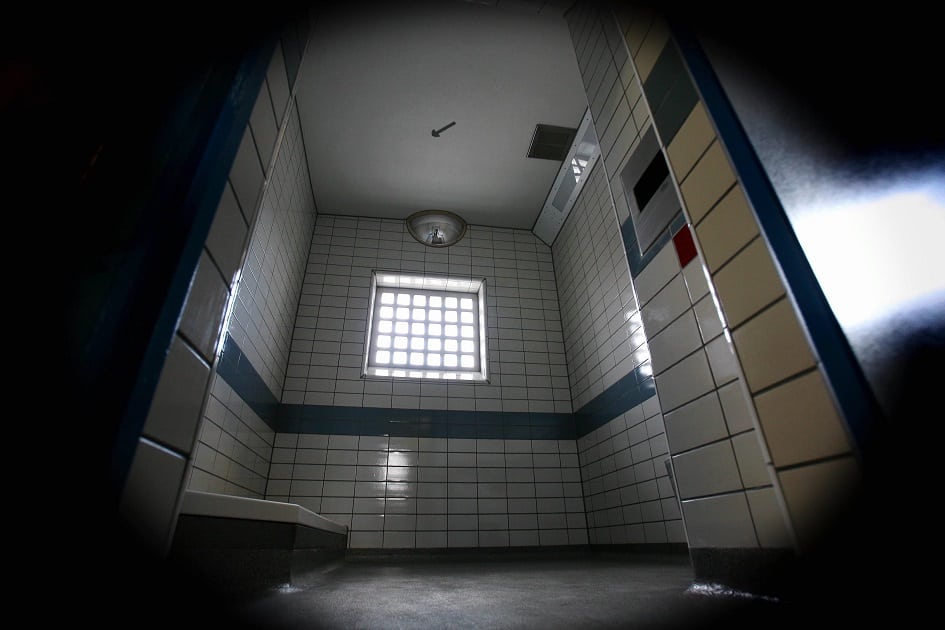Staffordshire’s Police & Crime Commissioner has welcomed new laws that limit the time individuals with a mental health condition can be detained in police cells as ‘a place of safety’ to a maximum of 24hrs.
But Matthew Ellis, who played a key role in getting mental health in police custody onto the national agenda in 2013, says the law should have gone further by completely banning the use of cells as a place of safety in those circumstances
Police and Crime Commissioner for Staffordshire, Matthew Ellis said:
‘In 2013 after being elected as PCC, I was shocked to find that right across the UK individuals who had not committed any crime were ending up in police cells for their own safety because suitable healthcare facilities were not available. The whole system appeared to have admitted defeat.
‘I’m pleased that here in Staffordshire over the last 4 years the actions we’ve taken working with the police and other agencies has resulted in an 80% reduction in the use of custody. The greater focus across the country has also seen the use of cells nationally as a place of safety reduce by over 50%.
‘The new legal restriction of 24 hours is welcome but in my view doesn’t go far enough. The new law places a complete ban on using cells as a place of safety for under 18s, which is right, but that should be the same for everyone in those circumstances, no matter what age.
‘In Staffordshire I have agreed a new ambition with police that ‘no use’, whatever someone’s age, must be achieved and my office are working with the force and other agencies to ensure that is the position by the end of the year.’
Mr Ellis says he recognises that Mental Health providers across Staffordshire have worked incredibly hard with the police over the last few years to achieve the reductions since 2013 but he insists that now is the time to meet that final goal of zero.
‘The work across all the agencies in Staffordshire has shown a significant improvement which is well ahead of national performance. The challenge for areas like Staffordshire which are largely rural with market towns as well as a large city is the complexity of providing the right service capacity at the right time in the right place.
‘Making the whole system work better and improving training for police to understand mental health better and therefore deal with incidents involving mental health differently has been critical to the success to date. Now I’ll be asking professionals and leaders from across that whole system to step up once again to go beyond the legal requirement by meeting the moral one.’ He added.
The Office of the Police and Crime Commissioner (OPCC) is re-establishing the mental health working group set up in 2013 that developed a local mental health agreement across agencies. The group set ambitions, protocols, ensured the provision of additional services and included strong oversight from the PCC.
The reformed group will understand what has worked and what hasn’t, re-examine the capacity and capabilities required to achieve a ‘no use of police custody’ policy and agree measurements and reporting performance.



